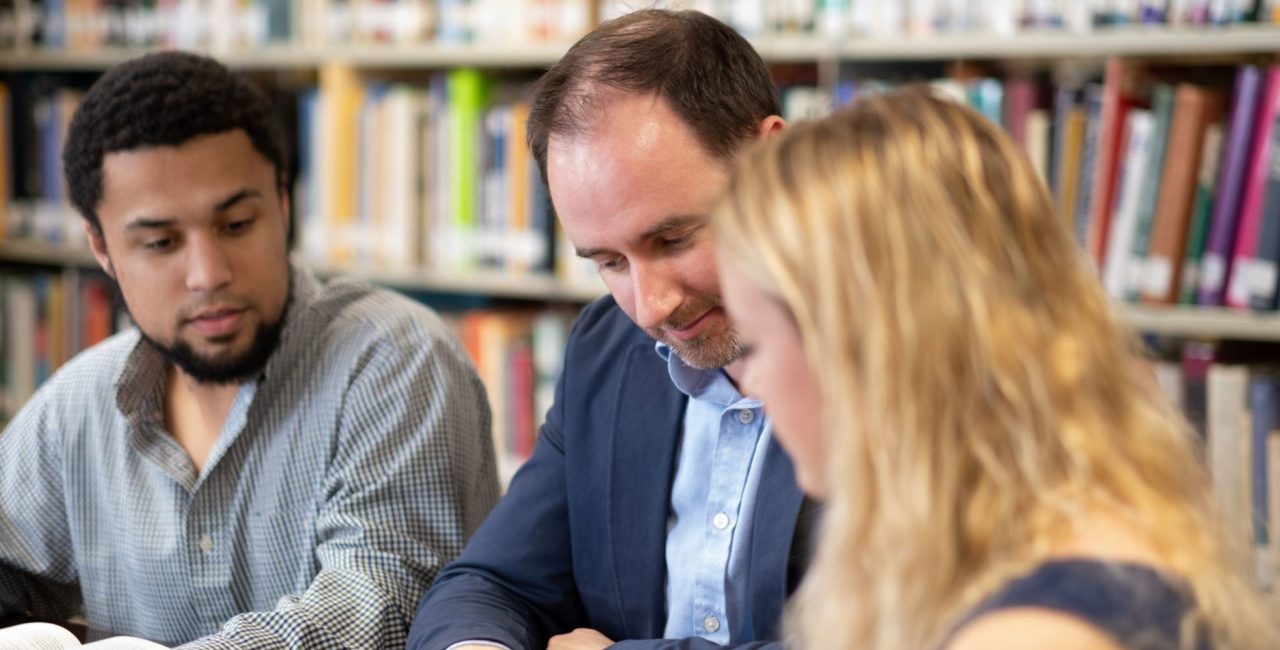
Crisis serves as springboard for students’ critical thinking skills
As COVID-19 dramatically altered the second half of the spring semester, Assistant Professor of History John Harris challenged his students to critically evaluate the historical moment in which they live.
Even before the virus began to seriously affect the United States, and well before Erskine classes moved to an online format, Harris’s students were already evaluating possible implications of the pandemic.
“My Contemporary Global Issues classes have been tracking the virus since its appearance in China during the first few weeks of class,” Harris says. “We discussed many of the issues that have now arisen many weeks before we went online.”
As classes transitioned online, Harris created a unique assignment for his Contemporary Global Issues students: a “COVID-19 journal.” In these journals, students wrote two entries per week over the course of four and a half weeks. Entries included analyses of data from the Johns Hopkins website, summaries of news articles, and personal reflections.
“The point was to help them develop skills (quantitative analysis and qualitative analysis, for example), but I also wanted them to have a contemporary record of this important moment and how they experienced it,” Harris says. “It is something, I told them, that their kids would ask them about one day.”
Students have appreciated the COVID journal assignment, Harris says, and some have told him they plan to continue their journals after the semester ends. He hopes to include copies of the journals in Erskine’s library archives.
“In this way, Erskine will have a record of how its students experienced COVID-19,” Harris says.
